Jam-packed with work on SHADOWS and Thanksgiving, November went by fast. Where did the time go? I didn’t have much for extracurricular stuff, but what I did manage to squeeze in was well worth the effort. Having said that, I also had some reservations about what I read/listened to this month but not enough to suggest that the material isn’t worth your time.
READS
James, Nick. Skyship Academy: The Pearl Wars (Flux; Woodbury, MN: 2011). James takes a by-now familiar trope–a post-apocalyptic, dystopian scenario–and adds a bit of a twist by throwing in some very good world-building and sci-fi into this coming-of-age story of two boys who start out as enemies and wind up . . . well, not exactly as friends but certainly allies. Earth has been devastated by war. The surviving factions–the Skyships, The Fringers and the Unified Party–have their agendas, among which is the acquisition of Pearls: balls of energy that fall to Earth and, once procured, provide much-needed power upon which both the Skyships and UP depend. The story centers on two boys, Cassius (United Party) and Jesse (Skyship), and there’s a fair amount of Machiavellian shenanigans going on, but the gist is that Cassius, who meets Jesse at the very beginning of the book and then changes in some very interesting ways, is sent on a mission to infiltrate Skyship Academy, find Jesse and kill him for reasons that don’t become clear until much later in the book. Much of the rationale is much too involved to summarize here–and would only spoil the read–but suffice to say that each kid has a shadowy past and more in common than they realize. Since this is a novel of discovery, they learn more about themselves, one another and–most importantly–the Pearls. Of the various elements here, I enjoyed finally understanding what the Pearls were and found it the most inventive. I will be honest, too; while the world-building was good, too much of this book was spent telling rather than letting us discover through the read. This slowed the book’s pace quite a bit and I found myself bored for a fair number of pages right off the bat. I kept on because I was curious enough to do so, and of the two main characters, I actually thought that Cassius was better done and much more interesting. Maybe it’s just something I’ve got about bad boys, but I find tortured souls to be far more intriguing than awkward ones; I actually found Jesse a little tedious and predictable. Nevertheless, the book is worth sticking with; the premise of the Pearls was quite unique and a nice surprise.
King, Stephen. 11/22/63: A Novel (Scribner; New York: 2011). Okay, I’m going to be very upfront here: I had problems with this book. While well-crafted, very engaging, and superbly plotted, my biggest nit is that I simply didn’t believe in this narrator or his mission. I know this is heresy–especially for me, since I worship King–but let me explain. I don’t spoil anything by saying that the premise here is very simple: a teacher goes back in time in an effort to prevent the Kennedy assassination. Along the way, he also prevents a couple other tragedies and falls in love–and that’s all I’m gonna say about plot.
Here was my problem: the narrator is supposed to be 35. I’m sorry, but I don’t believe it, didn’t believe it, couldn’t find a single place in the book where I believed that for a second. Jake/George uses none of the language you’d associate with a guy who was born in 1977; he doesn’t think like a kid of the 80s or young adult of the 90s; he uses virtually no contemporary references at all nor do his thoughts reflect much of anything that would actually have impacted a young man growing up in the US over the last thirty-some years. In fact, the one time when he’s caught out is about the only time in the entire narrative when he spouts some slang.
Yet this guy does seem to know a lot and care about Kennedy, Vietnam, Martin Luther King, etc., which was simply not believable, not for a character who was 19 in 1994 and whose most traumatic event would be something like, well, 9/11. Please don’t misunderstand me; Kennedy, Vietnam, civil rights . . . these are all important subjects and clearly have valence for King. (Anyone who doubts that ought to read Hearts in Atlantis.) But I don’t know many people in their 30s who are all that concerned about or even know much about what happened back in the early 60s. Heck, I know virtually no kids these days who have more than a rudimentary understanding/knowledge of those very turbulent times. Saving Kennedy and, maybe, preventing Vietnam just wouldn’t have that kind of emotional tug for a 30-something. This may strike you as very sad–and it should–but going back in time to stop Oswald from assassinating Kennedy isn’t like going back to stop, say, Hitler or 9/11–which, for me, would have been more believable given the character’s age. Jake/George sounded and thought like a much older man, and that really kept throwing me out of the narrative on multiple occasions. Upping the ante by trying to provide Jake/George with a reason to save Kennedy–in order to prevent Vietnam which would then, putatively, save the guy Jake originally had in mind–didn’t really work for me and, in fact, I found most of the subsequent Oswald/Kennedy stuff pretty flat. So seeing if or how Jake prevented the assassination wasn’t the reason I read and was enthralled by this book (so much so that I bought it in three different media–audio, Kindle and hardcover–just to keep on with this story regardless of where I was or what I happened to be doing).
What makes this a novel well worth your time is King’s mastery of his craft, his sheer ability to tell a fabulous story, warts and all. Love is the heart and soul of this book not Kennedy or Oswald. Readers familiar with King’s other works will find plenty of references to those stories, and while that adds to the fun, a detailed knowledge of It or The Dark Tower Series isn’t necessary to enjoy this book. This story ends the way it has to; as a reader, you know that right from the get-go. But that doesn’t stop you from wishing that it might be otherwise, and while there is loss in this book of the very worst kind, there is also bittersweet redemption. At the end of the day, what survives and sustains the past is love.
Wells, Robison. Variant (HarperTeen; New York, 2011). Having been bounced around in the foster care system for years, Benson Fisher ends up at Maxfield Academy, a cloistered private school. What looks like an opportunity for this lonely, outcast kid quickly degenerates into a nightmare scenario. Maxfield Academy is a bit like a roach motel: bugs check in, but they don’t check out. There are no teachers; the kids run the classes; food and supplies are delivered via an elevator (reminiscent, actually, of The Maze Runner, whose Lord of the Flies dystopian premise certainly informs this book); and the kids have divided up into gangs; and those kids who break the rules enough to warrant “detention” never return. It was a fun-enough scenario to get me interested, and the book’s pacing was just great . . .
Until I hit a major reveal that happens about, oh, halfway through the book, I think. It was such a jarring and unexpected reveal that I actually stopped reading because there really wasn’t much in the way of clues or preparation. The thing felt as if it came out of the blue, a little like bringing in the aliens. It really is a deus ex machina moment, literally. There’s just no getting around that.
But I let myself simmer down, and then instead of chucking the book, I just did a mental shrug and kept going. The book is a fun, fast read and if it were not for that stumble, I wouldn’t have any problems with this at all. While I saw the final plot twists and end coming, that didn’t keep me from reading right up until the end either. So, if you can get past the big reveal–and I’d encourage you to–you won’t be sorry. I’ll be interested to see where the sequel goes with this.
LISTENS
King, Stephen. 11/22/63: A Novel (narrated by Craig Wasson; Simon and Schuster Audio, 2011). Wasson narrated portions of King’s anthology, Full Dark, No Stars, and just as he did a fine job there, he does one here as well. This is a splendid audiobook–BUT Wasson’s voice only confirms for me what I felt reading this novel. Wasson’s voice isn’t that of a 35-year-old; he sounds about mid-late 50s, even early 60s, and because of that, I had a doubly difficult time getting past my problems with the narrative. Even so, I didn’t regret a single moment of the narration; of the more recent narrators used for King’s works, only Campbell Scott and Steven Weber are better. So this really is worth your time and if you get as caught up in the more important elements of this story as I did, then you’ll want this audiobook so you can keep going regardless of whether you’re driving the car or cooking dinner. There are sections that are so good, I just didn’t want to get out of the car and dinner was frequently way more involved than it had any right to be.
LOOKS
Engineering Evil (History Channel; air date 11/15/11). It was Hitler who wrote, “Propaganda is a truly terrible weapon in the hands of an expert.” Years ago, that proposition was explored in-depth at the Holocaust Museum in D.C. in an exhibition entitled, “State of Deception: The Power of Nazi Propaganda.” Having seen that exhibition and also owning the book, I figured there wasn’t much left for me to understand about just how the Nazis went about engineering the Holocaust. So this documentary was, well . . . I won’t say pleasant surprise. I will say that this documentary had new material organized in a very concise and easily understandable way demonstrating precisely what Hitler meant and how propaganda engineered the German population–socially, politically and economically–into accepting and embracing the unimaginable: the wholesale destruction/extermination of a people. From a board game–where you “win” by robbing the Jew of all his possessions and running him out of town–to kids’ books about evil Jews to roving kill-squads (Einsatzgruppen), this documentary provides a fascinating glimpse into a political and propaganda machine whose likes we can only hope to never see again. Have there been other genocides and are some ongoing? Absolutely. But the brute efficiency here is stunning and horrifying, rendered in eyewitness testimonies, stills, and full-color films of the Warsaw Ghetto: of pedestrians walking by, going about their business as bodies litter the streets. Absolutely excellent documentary that could find a place as a supplement to any high school classroom.
Vietnam in HD (History Channel, premiere 11/09/11). This must’ve been my month for documentaries. This super six-hour miniseries follows the U.S.’s escalating involvement in Vietnam, from Operation Rolling Thunder (the first major engagement of the war) through the Tet Offensive and on to the war’s end, with America’s withdrawal and the fall of Saigon in 1975. Those who know very little about this war will find plenty to ponder; those with knowledge will still get quite a bit from this documentary which follows individual soldiers–some dead and those still living–throughout. The HC originally had these episodes available on-line. Unfortunately, those links no longer work, but you can find the episodes on Youtube. In addition, with the DVD release, there is plenty of opportunity here to learn and lots to think about. This ought to be required watching regardless of age.
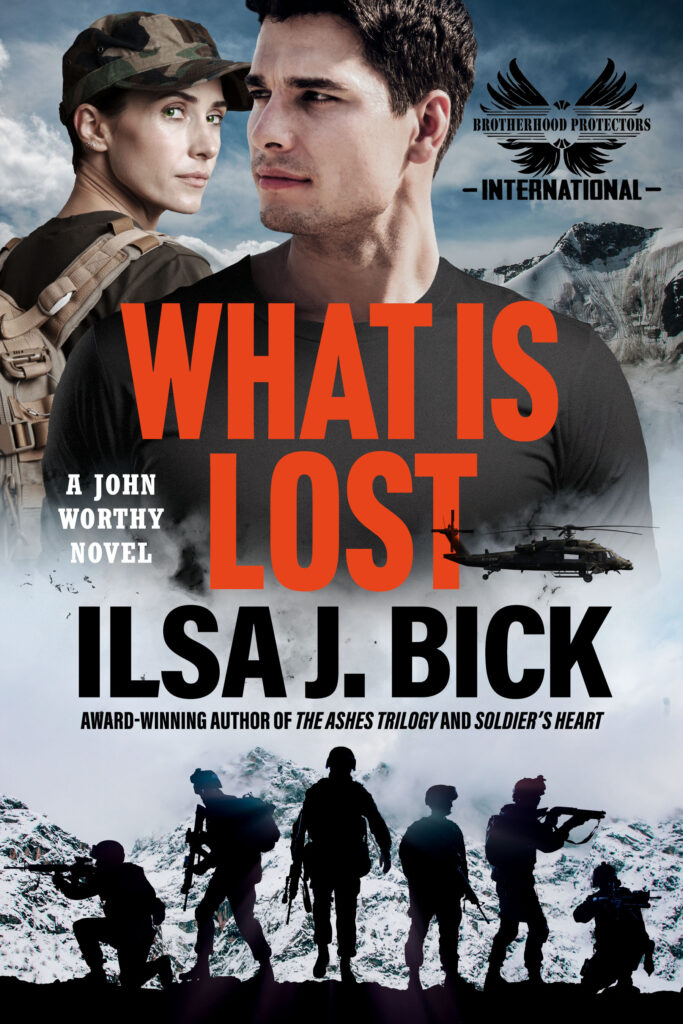
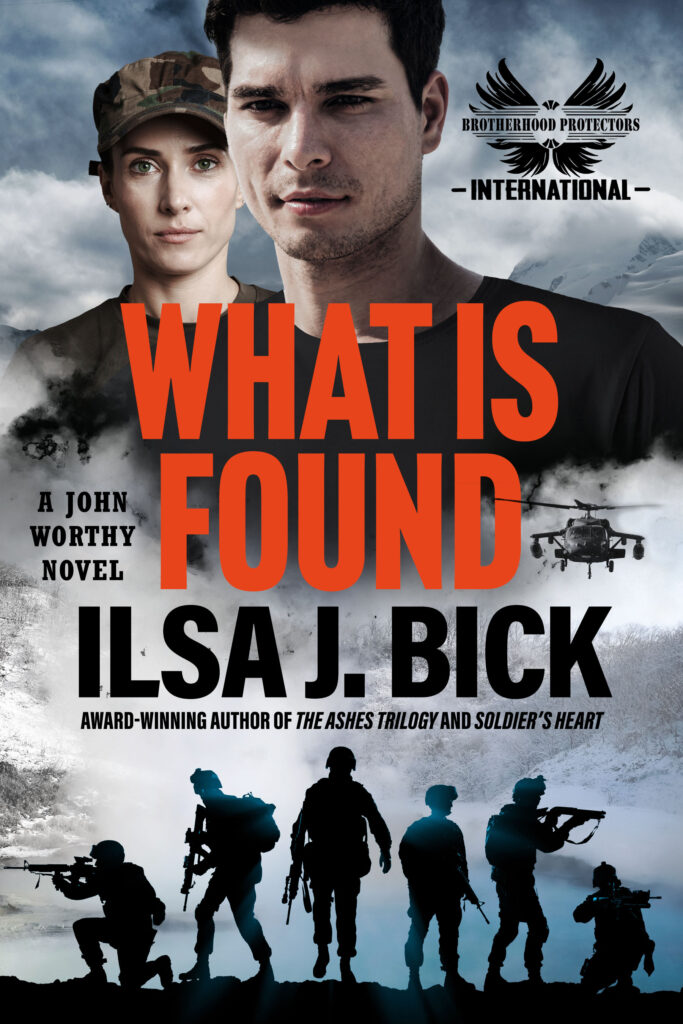


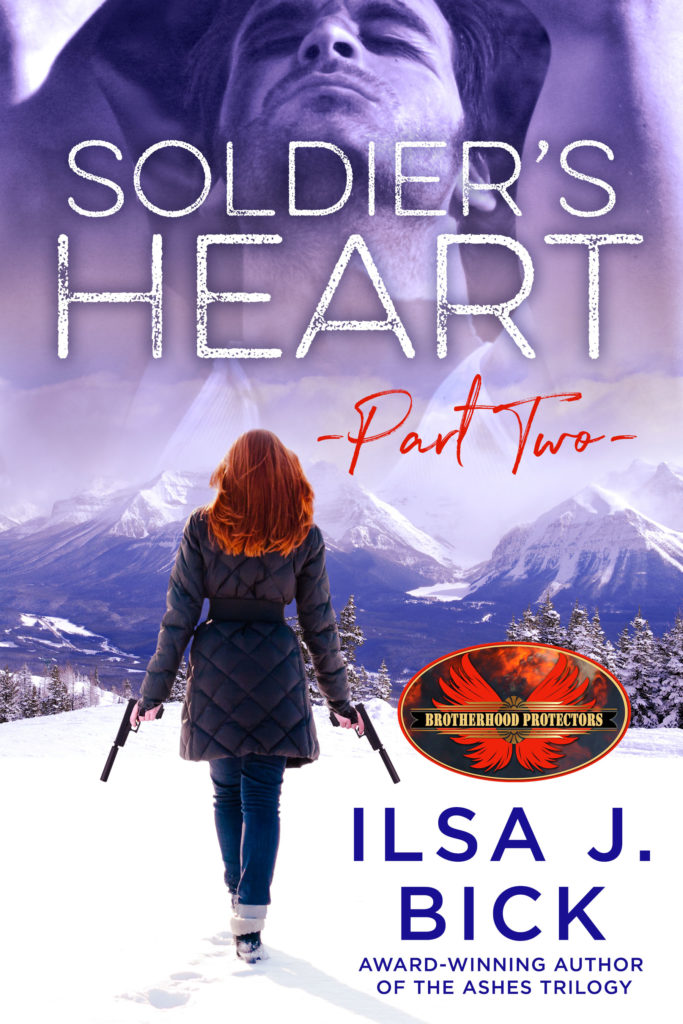
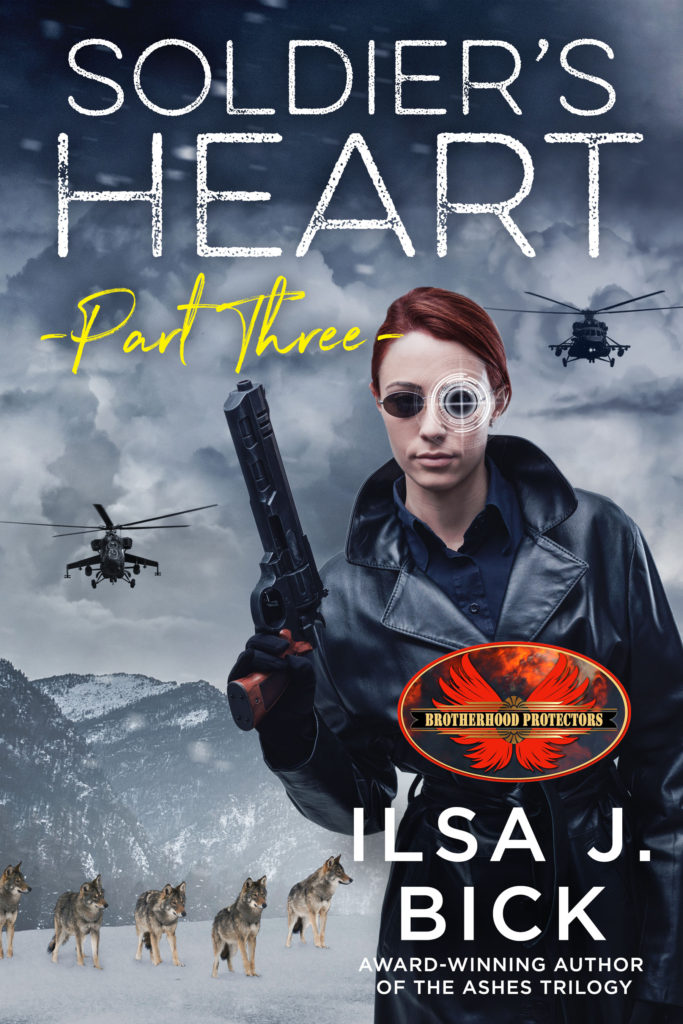

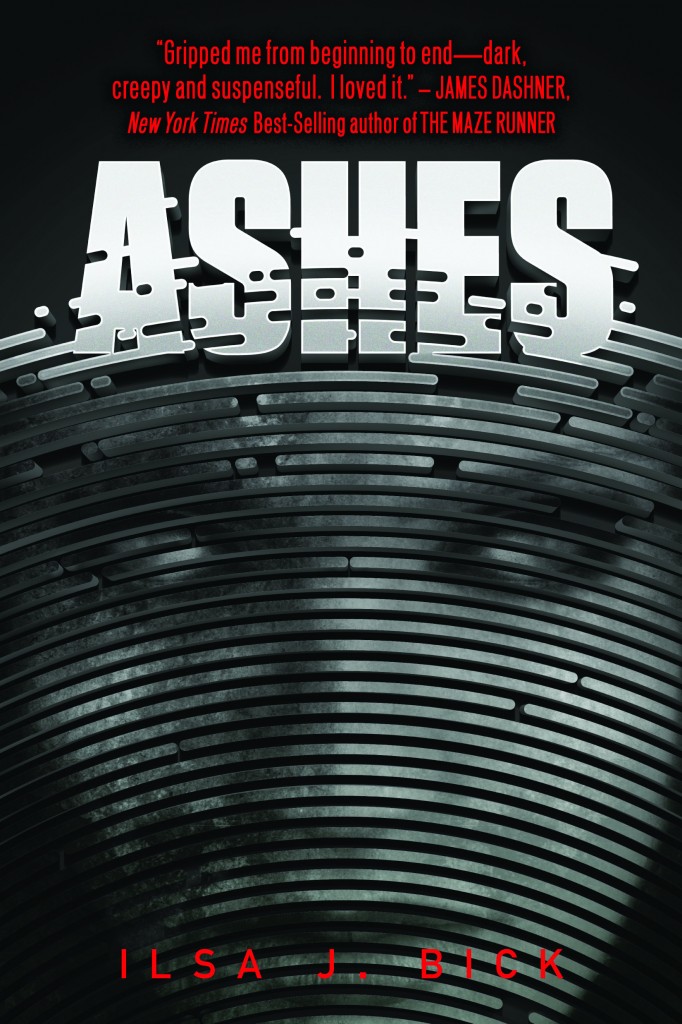
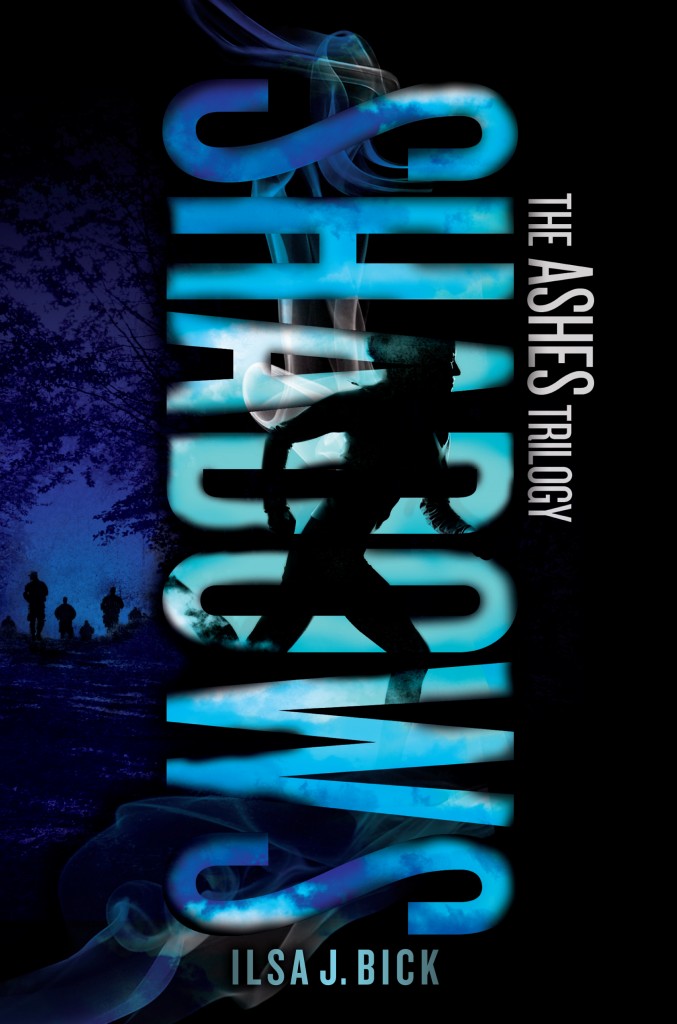
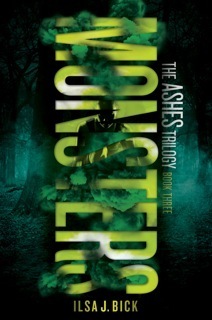
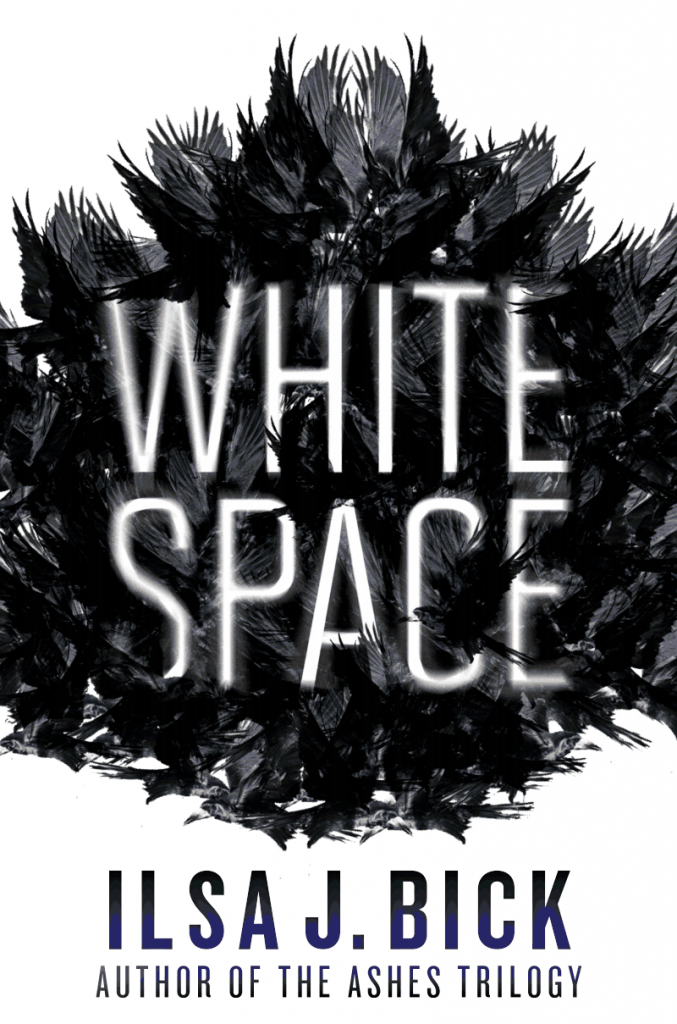
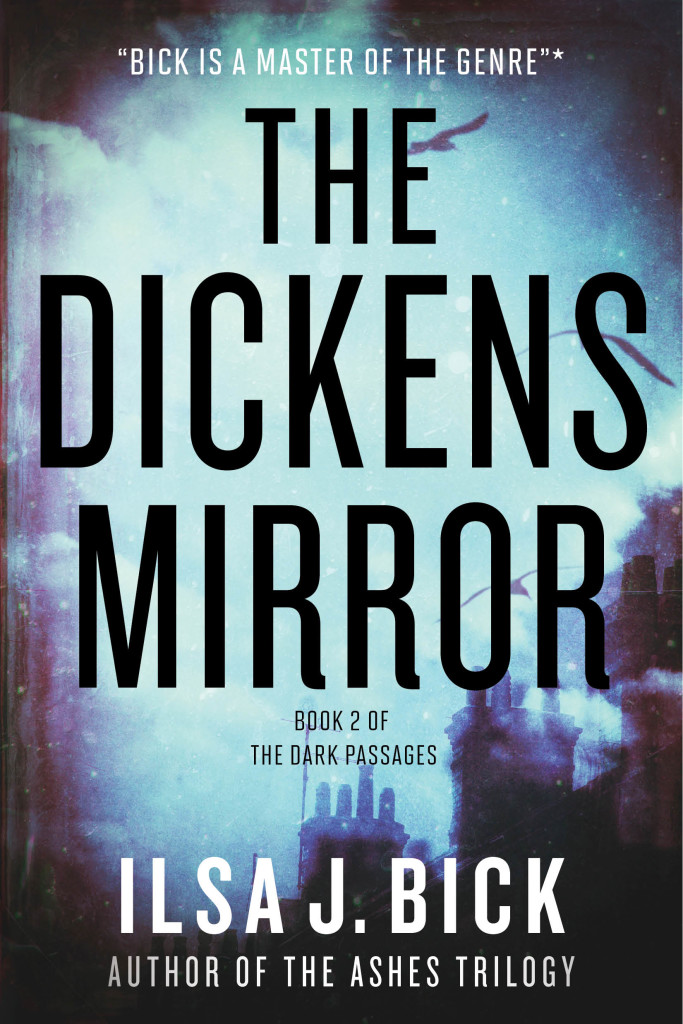
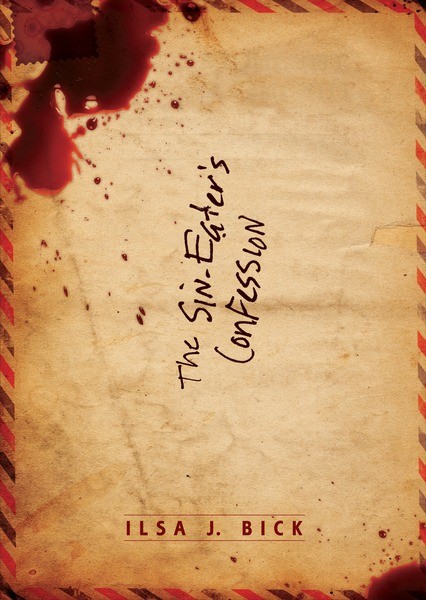
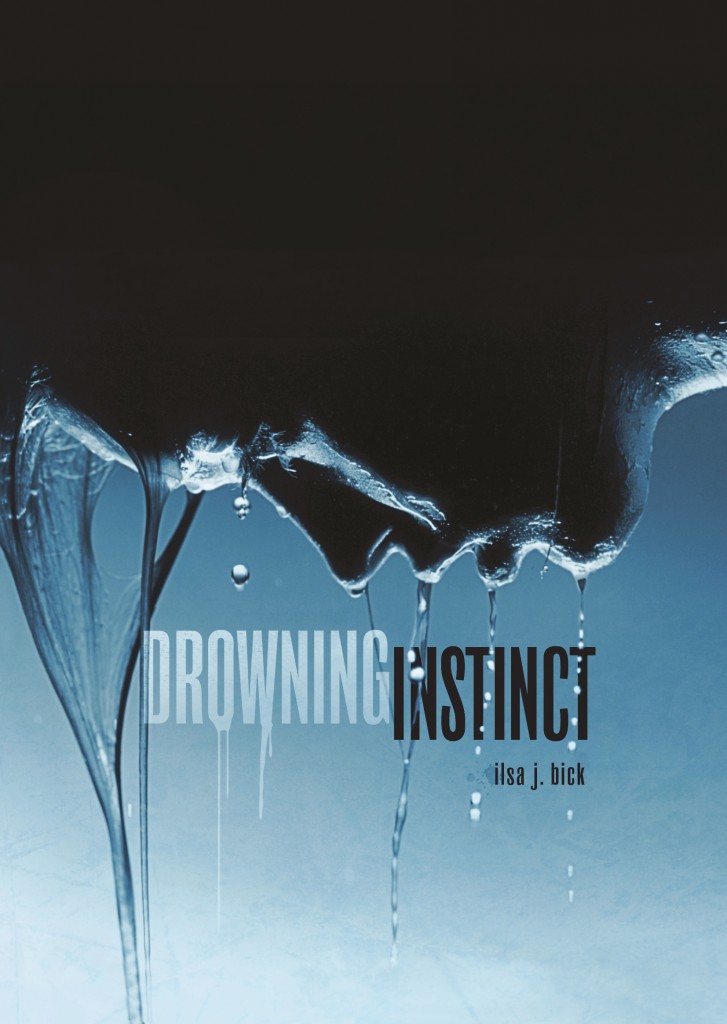
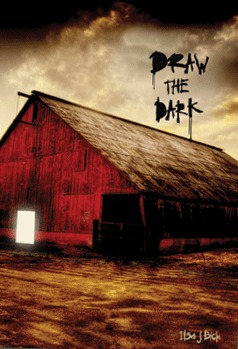
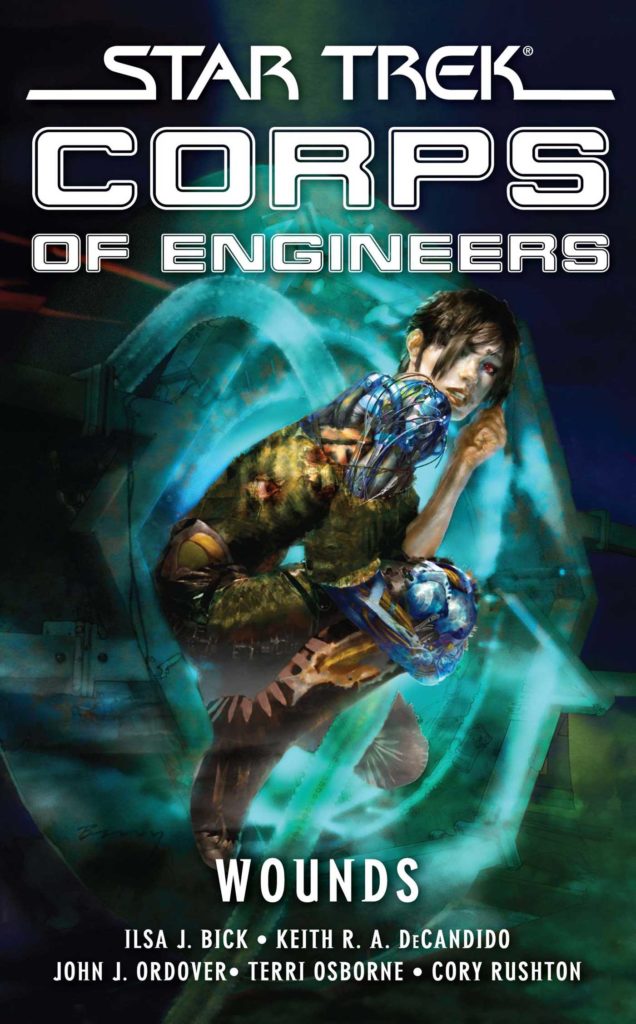


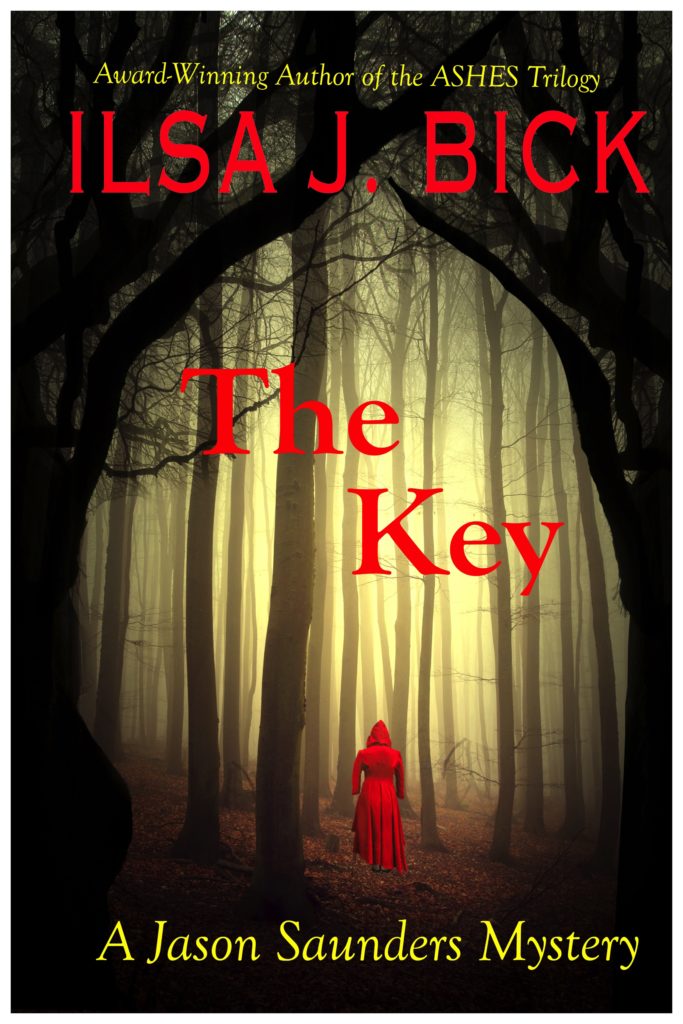
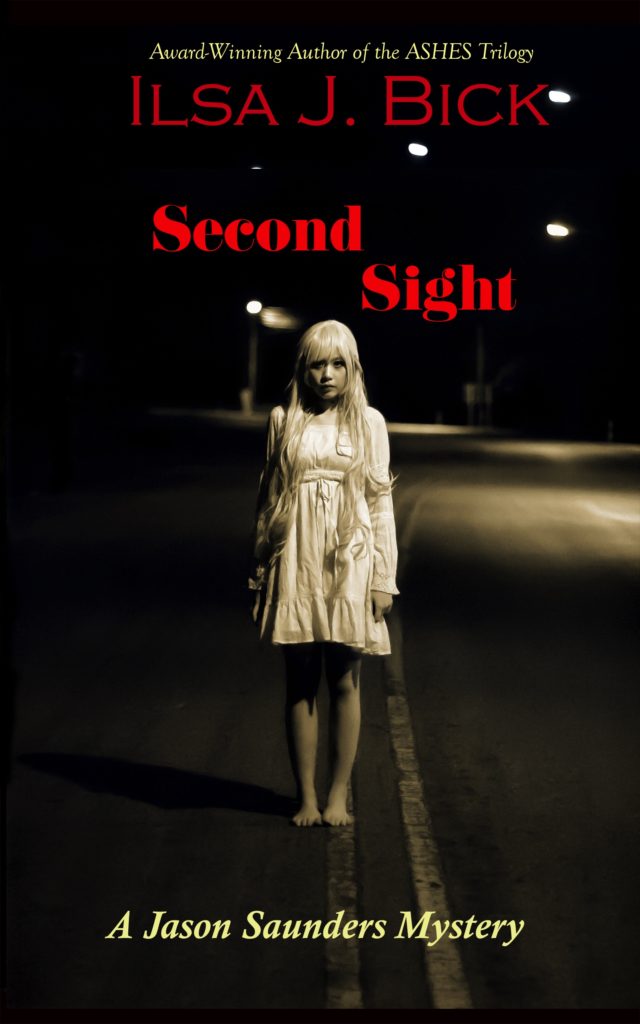
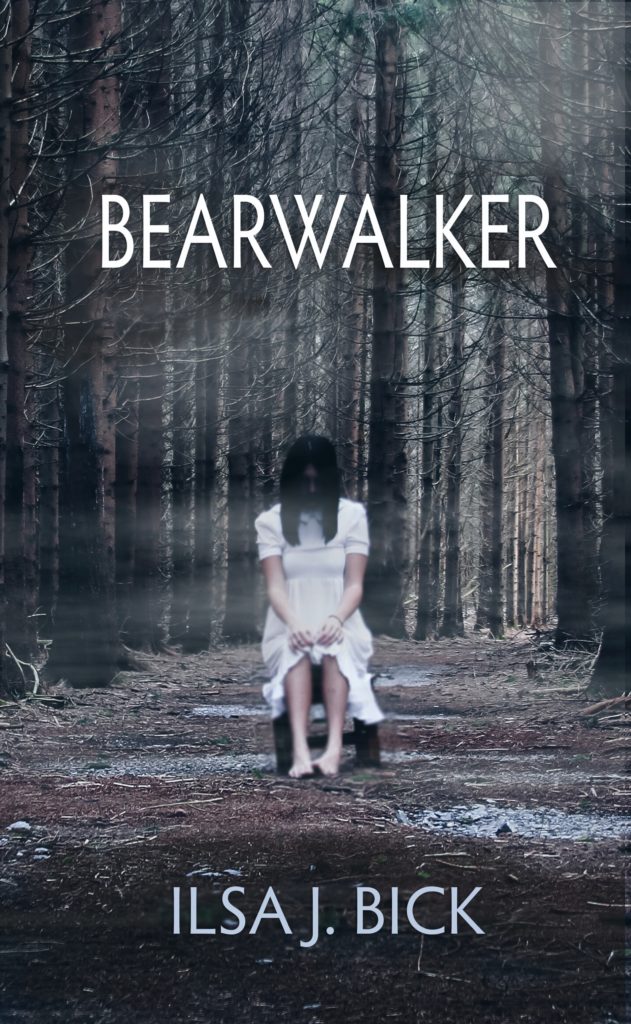
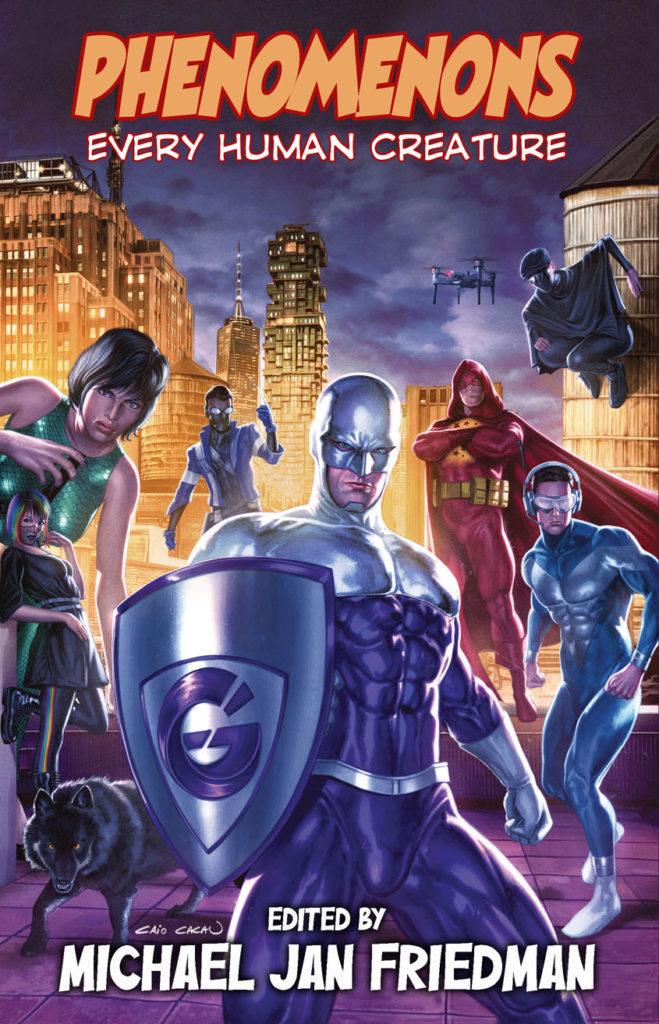
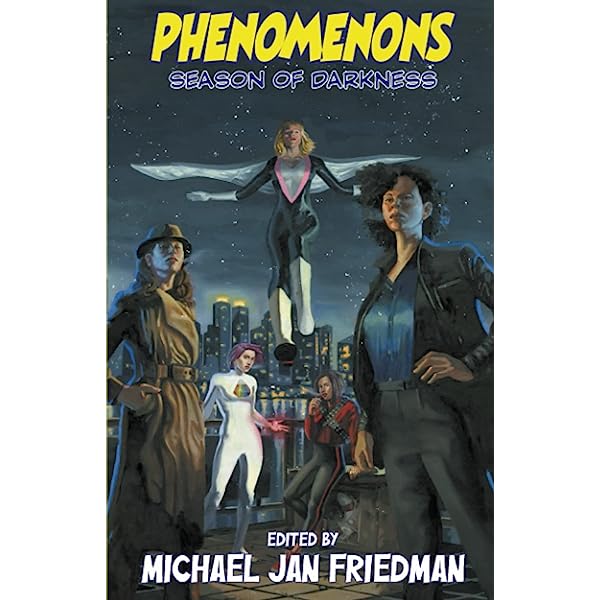

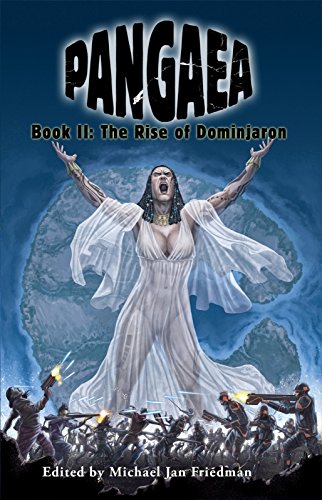



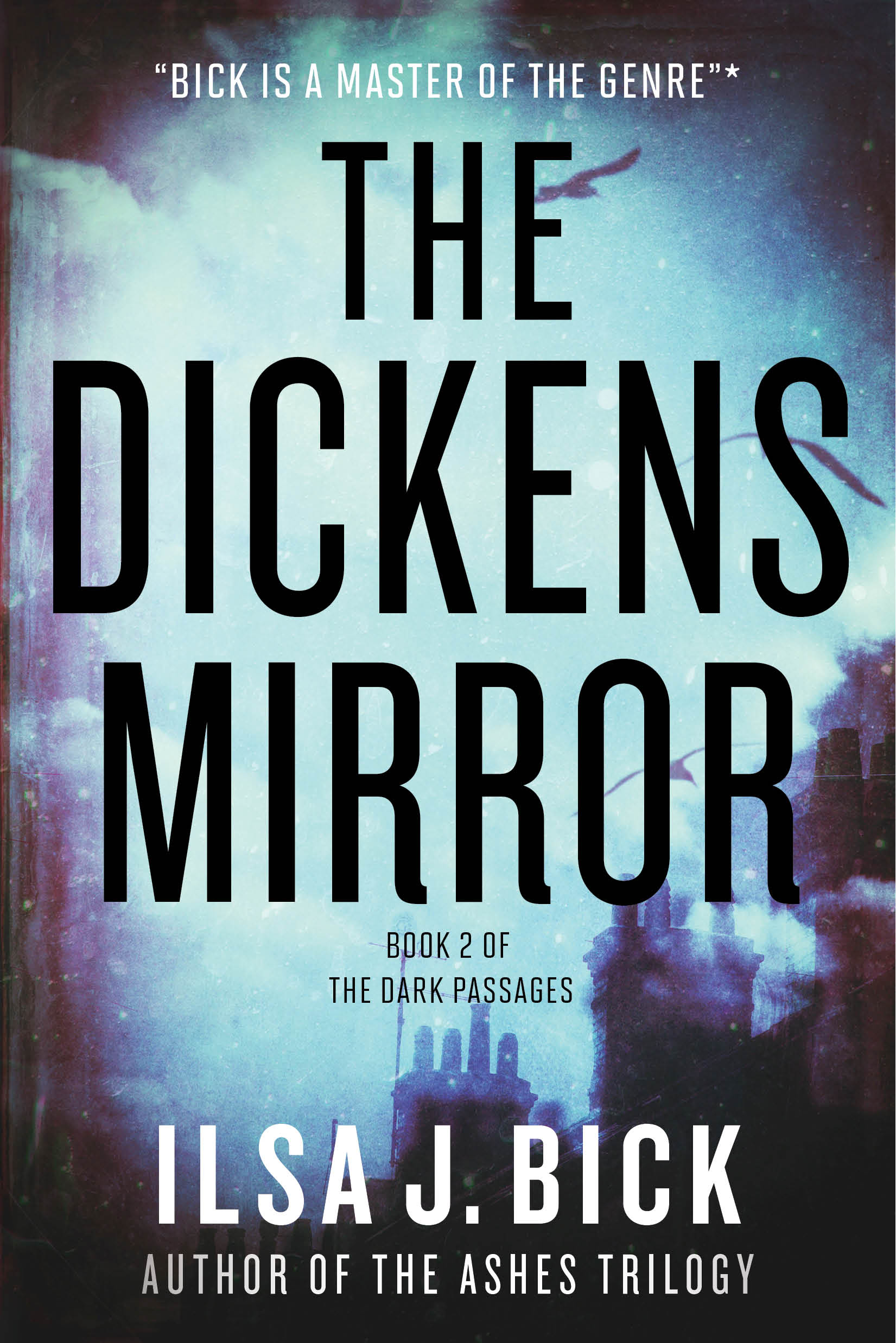
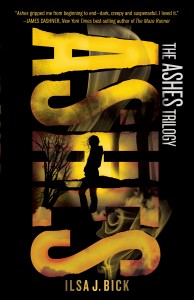
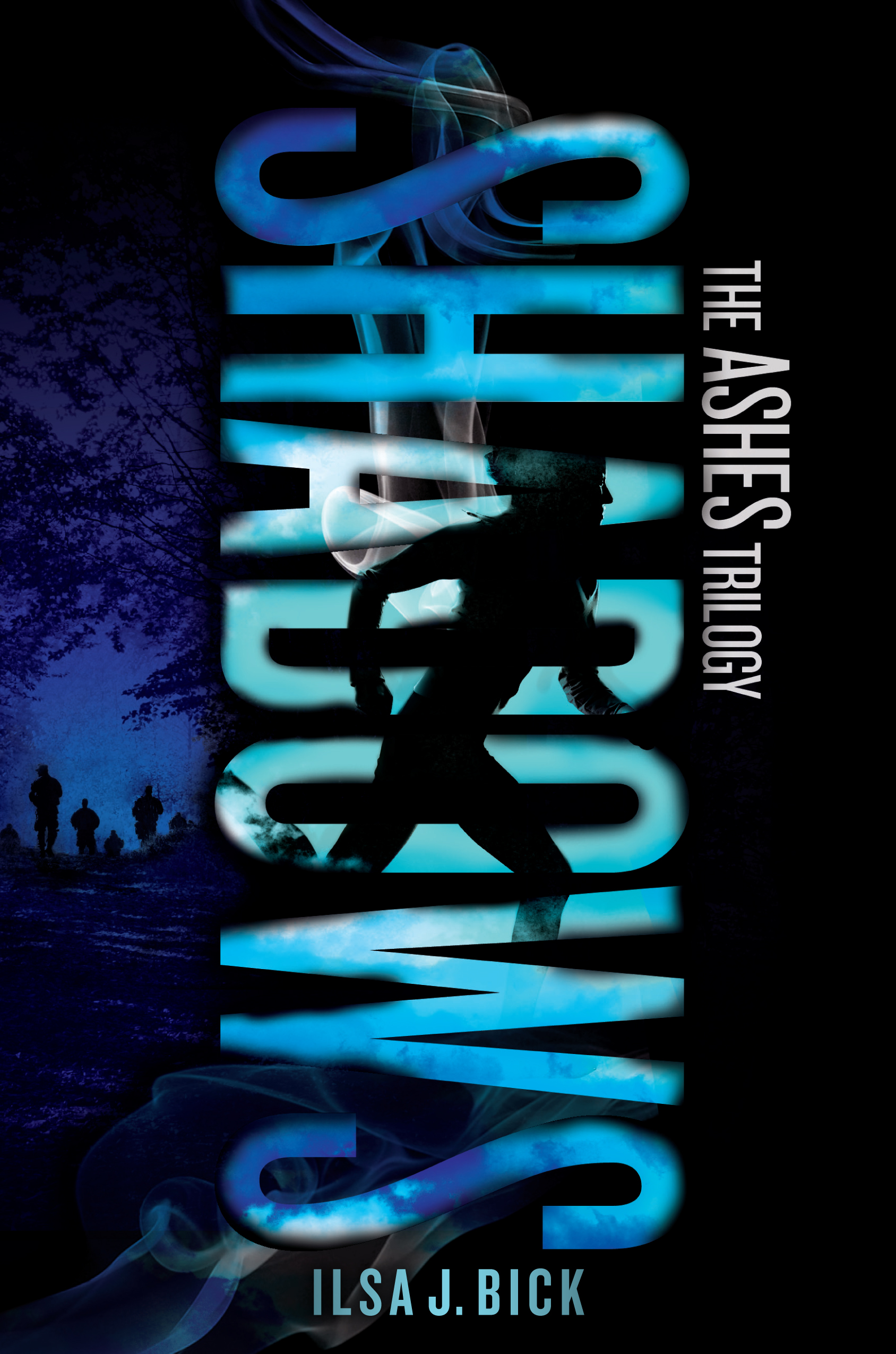
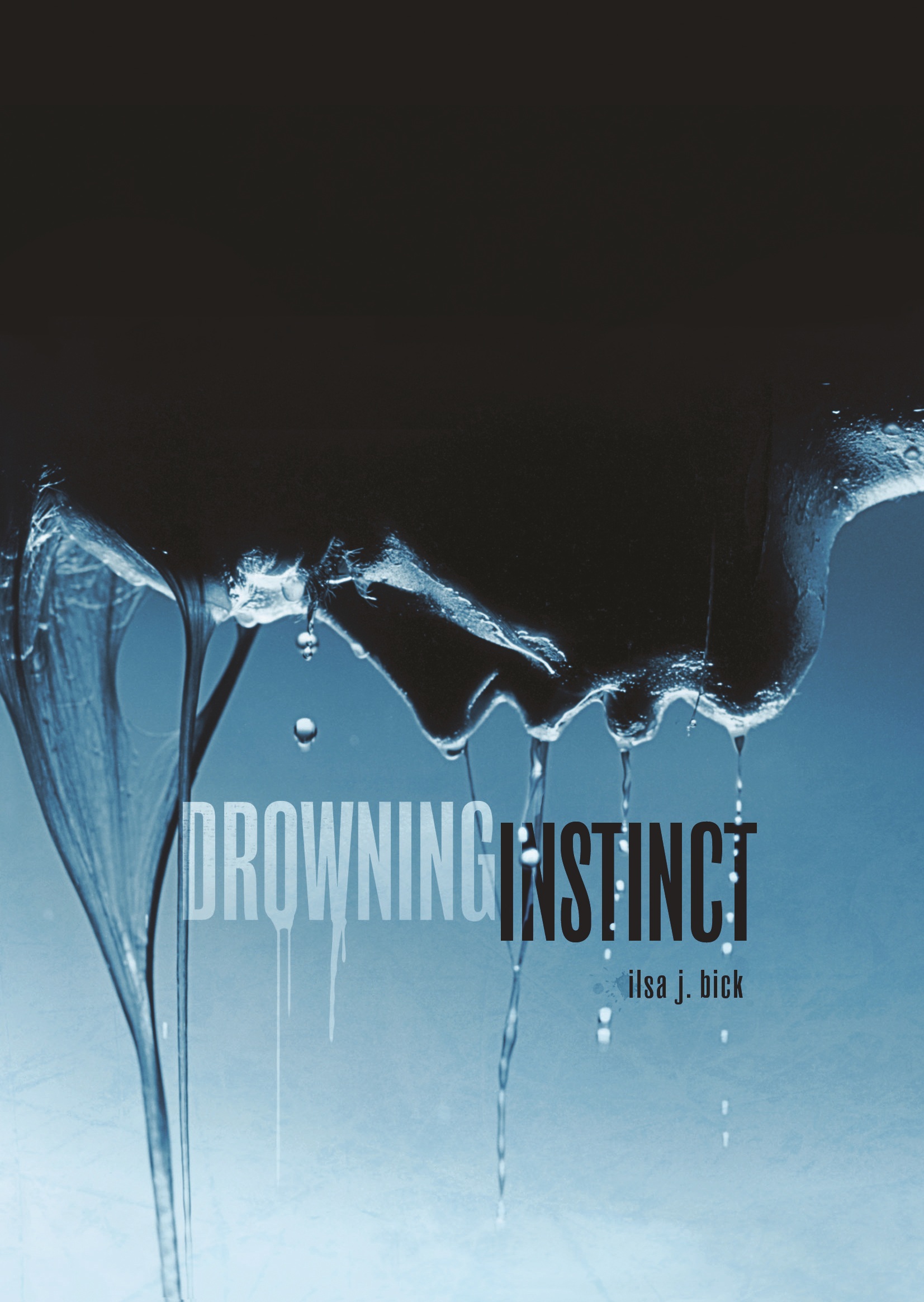
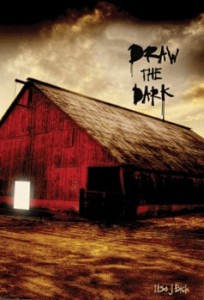
I felt the same way about VARIANT. The surprise is a surprise because there’s no foreshadowing or anything, so it really is a jolting surprise. I think people either love it or hate it. I happen to be in the latter camp, although I am still planning to read the sequel since VARIANT’s a debut novel – Wells’ writing is bound to get better, yes? And the premise is fun and oh so full of potential!
Well, as I said, I thought it was pretty well done despite the twist–but, yeah, some hints would’ve been nice. Despite that, though, he handles the pacing well.